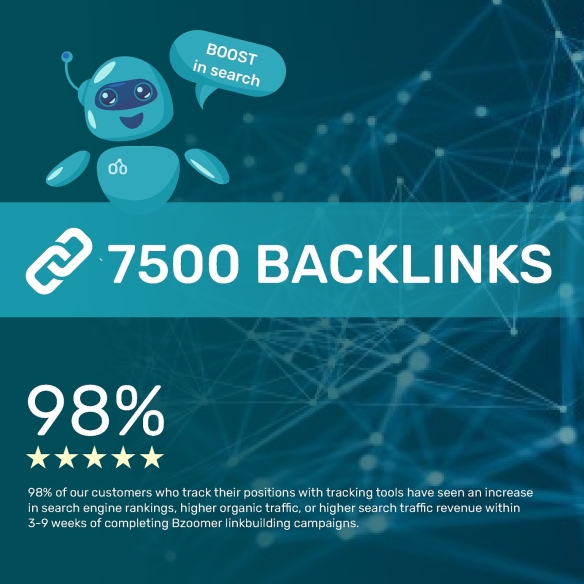Artificial Intelligence (AI) has evolved rapidly over the past decade, moving from narrow, rule-based systems to sophisticated models that can learn, adapt, and interact with humans in surprisingly intuitive ways. At the forefront of this evolution is the AI Agent—a revolutionary development in how we utilize intelligent software to perform tasks, make decisions, and even collaborate creatively. But what exactly is an AI Agent, and why is it poised to become one of the most transformative technologies of our time?
What is an AI Agent?
An AI Agent is a software entity capable of perceiving its environment, processing information, and taking autonomous actions to achieve specific goals. Unlike traditional automation systems, AI Agents can learn from data, adapt their behavior based on context, and operate with a degree of autonomy that mimics human decision-making.
AI Agents can be reactive (responding to stimuli), deliberative (planning actions ahead), or hybrid models that combine both approaches. Their architecture often includes components such as perception, reasoning, learning, and action modules—making them incredibly versatile across industries.
Core Capabilities of AI Agents
-
Autonomous Decision-Making
AI Agents can independently evaluate options and choose the most effective course of action, even under uncertain conditions. -
Natural Language Understanding
Many AI Agents can communicate with humans in natural language, allowing for more intuitive interfaces in applications like virtual assistants, customer service bots, and collaborative AI tools. -
Learning and Adaptation
Modern AI Agents are capable of continual learning—improving their performance over time based on new data or user interactions. -
Goal-Oriented Behavior
Unlike simple scripts or algorithms, an AI Agent is goal-driven, meaning it takes actions specifically intended to maximize certain outcomes.
Applications of AI Agents
The versatility of AI Agents has led to their adoption in a wide range of fields:
1. Business Automation
In the corporate world, AI Agents are being used to automate complex workflows, from customer support to supply chain logistics. They can schedule meetings, summarize reports, or even negotiate contracts with a surprising degree of sophistication.
2. Healthcare
AI Agents assist doctors in diagnosing diseases, personalizing treatment plans, and managing patient data. They can also monitor vital signs in real-time and alert medical staff when intervention is required.
3. Education
AI-powered tutors adapt lessons based on a student’s learning pace, preferences, and progress. These educational AI Agents offer a personalized experience that can help bridge gaps in traditional classroom teaching.
4. Finance
In banking and investment, AI Agents analyze market trends, predict stock movements, and execute trades. They also enhance fraud detection systems by recognizing suspicious patterns in real-time.
5. Personal Productivity
On the consumer side, AI Agents like Siri, Google Assistant, and ChatGPT help users manage their day, write emails, search for information, and even brainstorm creative ideas. The rise of “AI companions” for mental health and daily planning is also gaining momentum.
The Future of AI Agents
As large language models and reinforcement learning continue to advance, AI Agents are expected to become even more powerful. We're approaching an era where agents can collaborate with each other, form collective intelligence, and coordinate complex tasks across platforms without human supervision.
Imagine a digital ecosystem where your AI Agent can book your travel, manage your investments, handle your emails, and learn your preferences to make proactive suggestions—all while staying secure and ethically aligned with your values.
Challenges and Ethical Considerations
Despite the potential, deploying AI Agents at scale raises several concerns:
-
Bias and Fairness: AI Agents must be trained on diverse data sets to avoid replicating harmful stereotypes or making biased decisions.
-
Privacy: Personal data handled by AI Agents must be safeguarded with strong encryption and transparent policies.
-
Autonomy vs. Control: As AI Agents become more autonomous, it's essential to maintain clear human oversight and accountability mechanisms.
-
Job Displacement: Automation via AI Agents can lead to workforce disruption. However, it also opens new opportunities in AI development, training, and supervision.
AI Agents and the Human-AI Symbiosis
Rather than replacing humans, the most promising vision of AI Agents lies in collaboration. Think of them as digital co-pilots that augment our abilities, eliminate mundane tasks, and empower us to focus on strategic, creative, or deeply human work.
By embracing AI Agents as partners rather than tools, we can redefine productivity, unleash innovation, and build a future where technology enhances our collective potential.
The AI Agent is not just a technological buzzword—it’s a paradigm shift in how intelligence is embedded into the fabric of everyday life. Whether you're a business leader, software developer, educator, or consumer, understanding the role and potential of AI Agents is crucial as we navigate the next chapter of digital transformation.
As we continue to refine and regulate these intelligent systems, one thing is clear: the age of the AI Agent has arrived, and it's changing the game across every domain.


